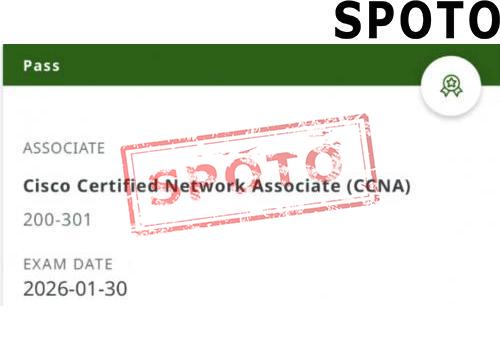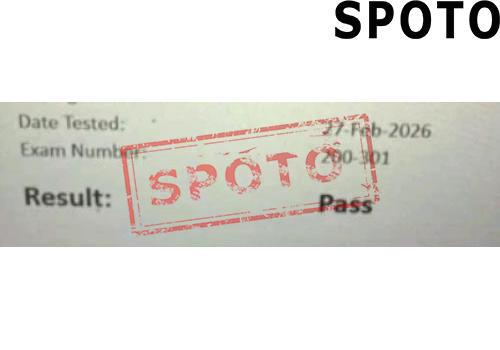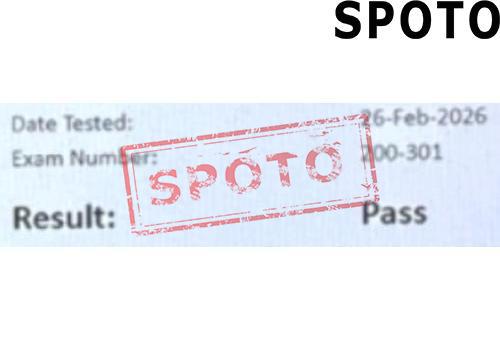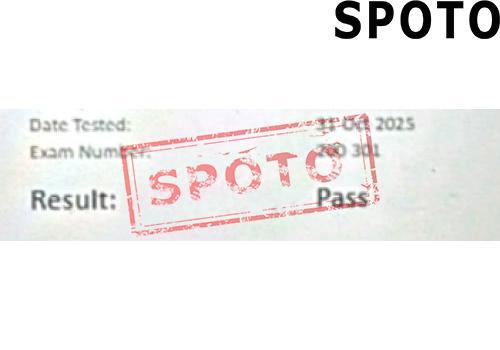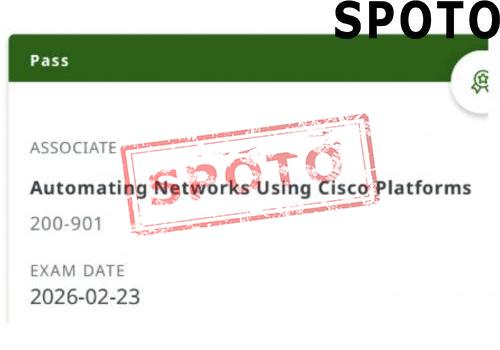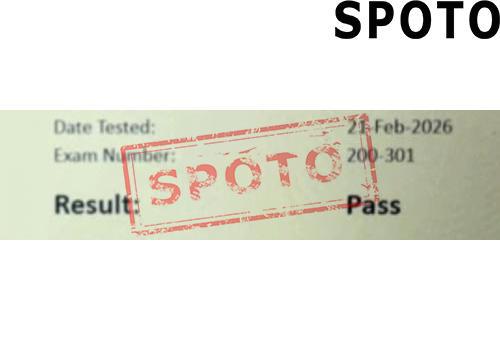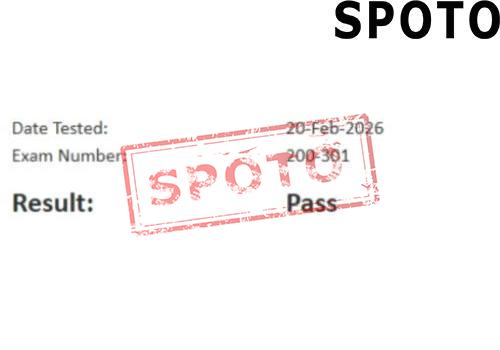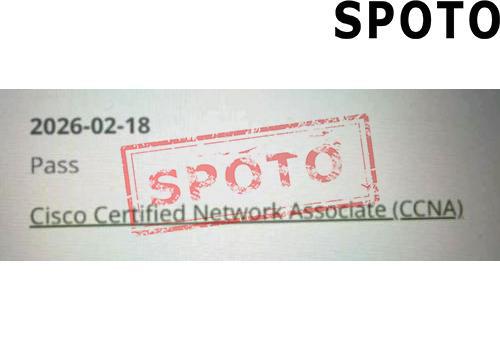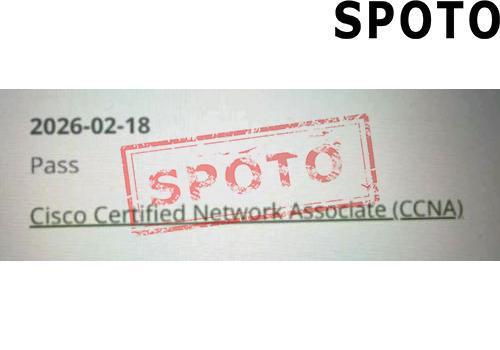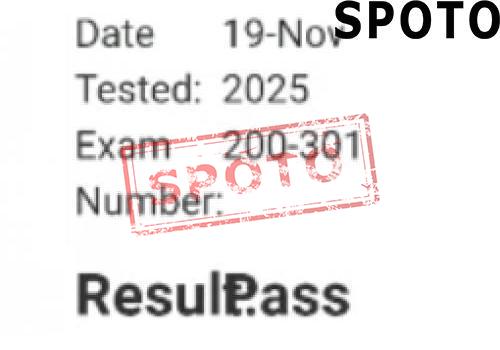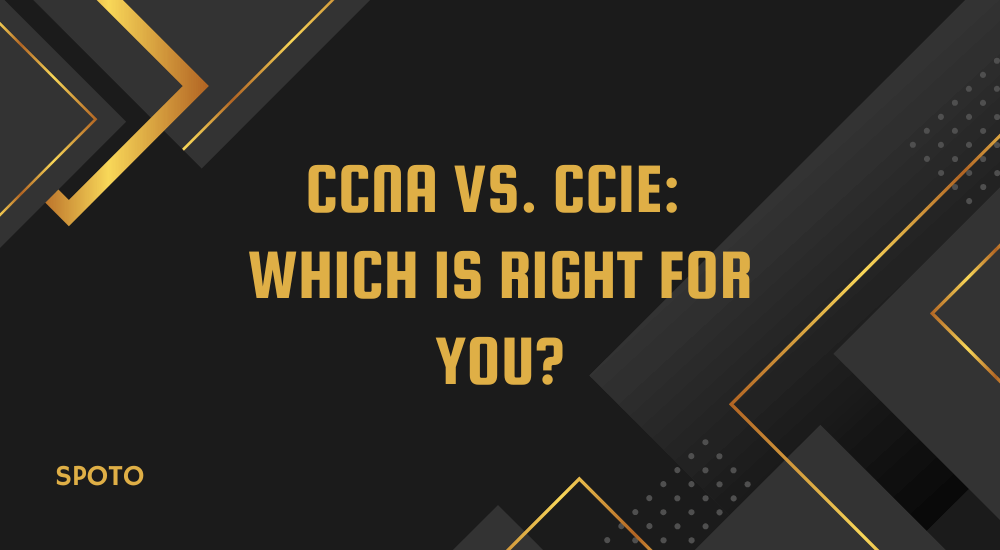
When it comes to Cisco certifications, CCNA (Cisco Certified Network Associate) and CCIE (Cisco Certified Internetwork Expert) represent two distinct levels of expertise. While both are highly regarded in the IT industry, they cater to professionals at different stages of their networking careers. But how do you know which one is right for you?
Let's break down the differences, career implications, and what you should consider before choosing your path.
1. Understanding the Basics
What is CCNA?
The CCNA is an entry-level certification that focuses on networking fundamentals, covering topics like:
- Network access and connectivity
- IP services and routing protocols
- Security fundamentals
- Automation and programmability basics
It's designed for beginners or those with some experience looking to validate their networking skills.
What is CCIE?
The CCIE is one of the most prestigious certifications in the IT world. It's an expert-level credential that dives deep into complex network solutions, including:
- Advanced routing and switching
- Network security and automation
- Troubleshooting and infrastructure design
Unlike the CCNA, the CCIE involves a written exam followed by an intense 8-hour lab exam, testing real-world problem-solving skills.
2. Key Differences Between CCNA and CCIE
Difficulty Level
- CCNA: Entry-level. Requires basic knowledge of networking concepts. The exam is challenging but manageable with proper preparation.
- CCIE: Expert-level. It demands deep technical expertise, hands-on experience, and mastery of complex networking scenarios. The lab exam is notoriously tough.
Time Commitment
- CCNA: Most candidates can prepare in 3–6 months depending on their background.
- CCIE: Preparing for the CCIE can take 1–2 years or more. It requires extensive lab practice and a solid understanding of advanced networking.
Cost
- CCNA Exam Fee: $300
- CCIE Written Exam: $400
- CCIE Lab Exam: $1,600 (excluding travel and additional costs for study materials and practice labs)
3. Which Certification Should You Pursue?
Choose CCNA If:
-
You're New to Networking
The CCNA is perfect if you're just starting in IT. It builds a solid foundation in networking and introduces you to Cisco technologies. -
You're Looking for an Entry-Level Job
Roles like Network Technician, Support Engineer, or Help Desk Analyst often list CCNA as a preferred qualification. -
You Want to Explore Networking Basics
If you're unsure about committing to a full-fledged networking career, CCNA is a great way to test the waters without a huge time or financial commitment.
Choose CCIE If:
-
You're an Experienced Networking Professional
If you've worked in networking for a few years and are confident in your skills, the CCIE can take your career to the next level. -
You Want to Be a Specialist or Consultant
CCIE-certified professionals often move into senior roles, network consulting, or architectural design positions. -
You're Ready for a Challenge
The CCIE is not for the faint of heart. It's a rigorous certification that tests your ability to solve real-world networking problems under pressure.
4. Career Opportunities and Salary Expectations
CCNA Career Paths:
- Network Support Technician
- IT Help Desk
- Junior Network Administrator
Salary Range: $50,000 – $80,000 annually, depending on experience and location.
CCIE Career Paths:
- Senior Network Engineer
- Network Architect
- Consulting Engineer
Salary Range: $120,000 – $200,000 annually. The CCIE opens doors to high-level, specialized roles with lucrative pay.
5. Is It Possible to Skip CCNA and Go Straight to CCIE?
Technically, yes. Cisco doesn't require you to earn the CCNA before attempting the CCIE. However:
- Without a strong foundation, jumping straight into CCIE preparation can be overwhelming.
- The CCNA covers fundamentals that are crucial for understanding advanced CCIE concepts.
Unless you have significant networking experience, starting with CCNA is a wise move.
6. Final Thoughts: Which One is Right for You?
- Go for CCNA if you're new to networking, looking for an entry-level IT job, or want to build a strong foundation in Cisco technologies.
- Aim for CCIE if you're an experienced professional ready to advance into senior-level roles, specialize in complex networking solutions, and earn top-tier salaries.
Both certifications are valuable milestones in the networking field. The choice depends on your current experience, career goals, and how much you're ready to invest in your professional growth.
